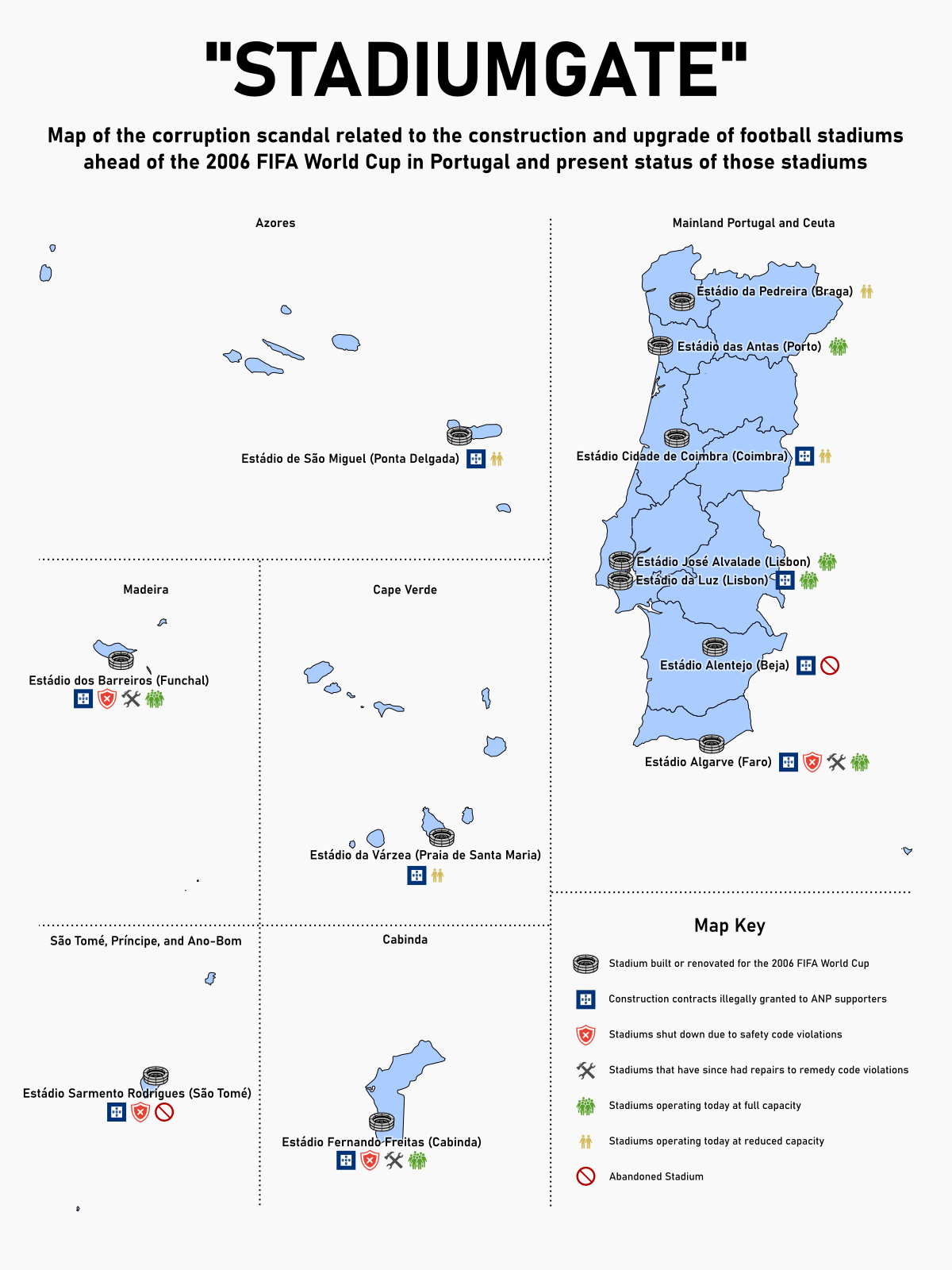The Challenge
Making the Best of It: Make a map of a place or project which has been abandoned by the group which started it.
The Rules
The project could either be in continued use for a different purpose (e.g. ancient buildings being reused as city walls) or abandoned entirely. It could either be unfinished or finished when abandoned.
If you're not sure whether your idea meets the criteria of this challenge, please comment in the main thread.
Entries will end for this round when the voting thread is posted on Monday, September 12.
Yes, you read that right - four weeks. However, the next challenge will be posted on Monday, August 29 , so there will still be a new challenge every fortnight.
Discussion must take place in the main thread. If you post anything other than a map entry (or a description accompanying a map entry) in this thread, you will be asked to delete the post and be abandoned by your builders.
Please continue to submit your suggestions for future contests here, submit to 261 (open until August 29), vote on the winner for 260, and vote for the next theme here.
Making the Best of It: Make a map of a place or project which has been abandoned by the group which started it.
The Rules
The project could either be in continued use for a different purpose (e.g. ancient buildings being reused as city walls) or abandoned entirely. It could either be unfinished or finished when abandoned.
If you're not sure whether your idea meets the criteria of this challenge, please comment in the main thread.
Entries will end for this round when the voting thread is posted on Monday, September 12.
Yes, you read that right - four weeks. However, the next challenge will be posted on Monday, August 29 , so there will still be a new challenge every fortnight.
Discussion must take place in the main thread. If you post anything other than a map entry (or a description accompanying a map entry) in this thread, you will be asked to delete the post and be abandoned by your builders.
Please continue to submit your suggestions for future contests here, submit to 261 (open until August 29), vote on the winner for 260, and vote for the next theme here.
Last edited:
